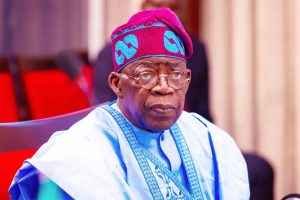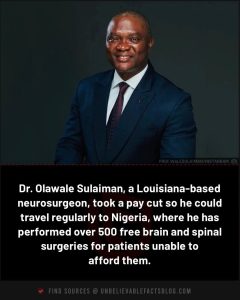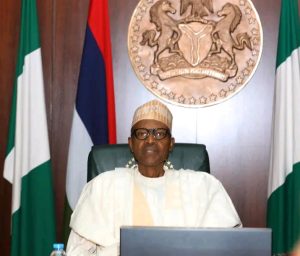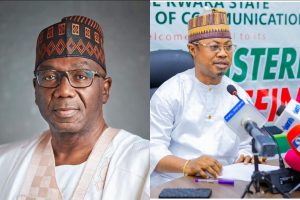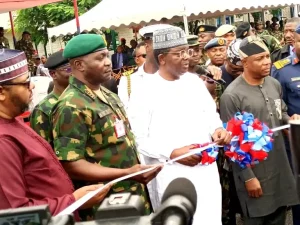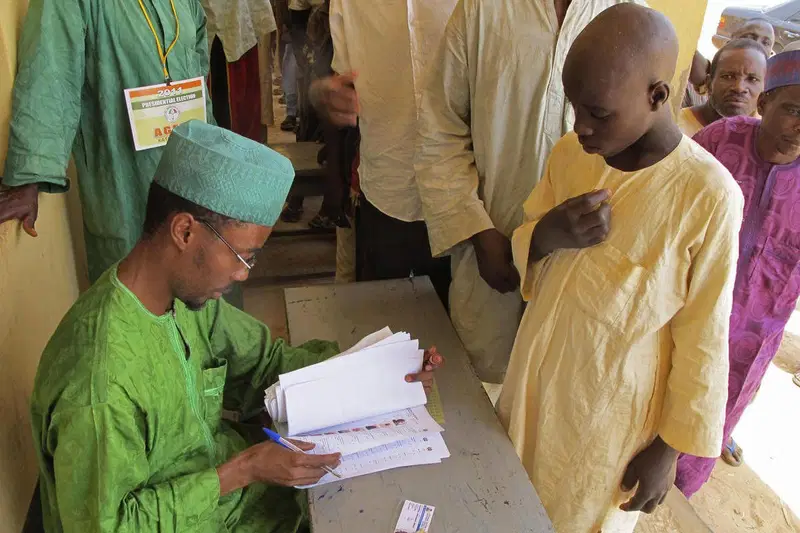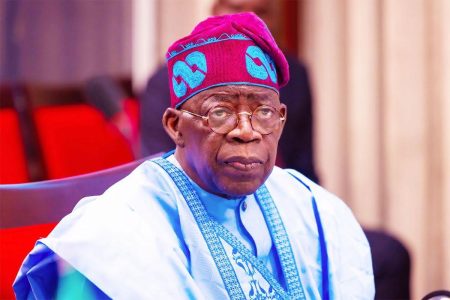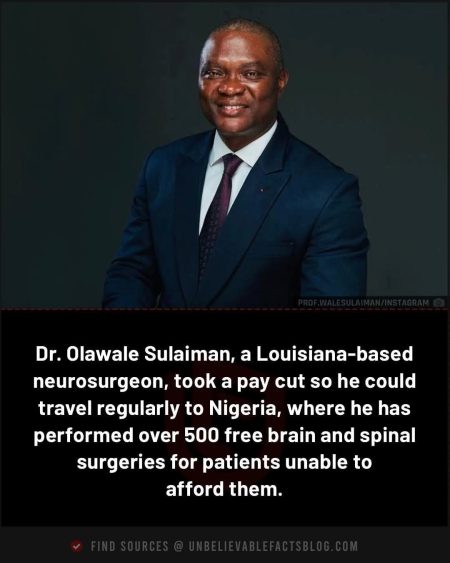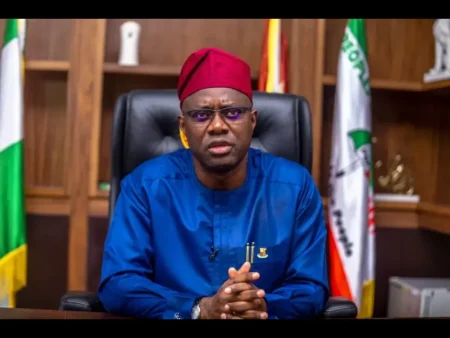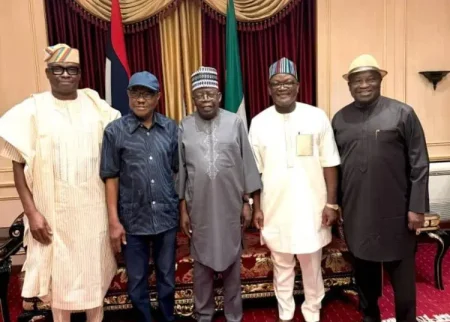Nigerians placed their trust in the Independent National Electoral Commission (INEC) to deliver credible elections, believing that with adequate funding and resources, the Commission would ensure a transparent process. Citizens sacrificed their time to vote, expecting their choices to count. However, INEC has once again fallen short of expectations.
In the September 21 Edo State governorship election, 25 observer groups accused INEC officials of manipulating the results. They specifically identified collation officers at Local Government and State Collation Centres as responsible for altering figures from polling units. In a joint statement, the groups alleged, “We reject the declared results because there are two sets of result sheets—one used in the field and another provided to the APC in parts of Edo North, Edo South, and Edo Central. We observed that security forces disrupted the collation of results at ward and local government collation centres, including intimidating INEC officials, in violation of the Electoral Act and INEC guidelines.”
The observer groups unanimously condemned the conduct of the election, stating that INEC, the military, and police had compromised the credibility of the results by violating the provisions of the Electoral Act 2022. They rejected the outcome, which declared the All Progressives Congress (APC) candidate, Senator Monday Okpebholo, as the winner.
Reacting to the reports, Nigerians expressed deep disappointment in INEC’s handling of the election, lamenting that the Commission has not improved from past electoral failures. Many have proposed solutions to ensure future elections are credible and that citizens’ votes count. Suggestions include constitutional amendments to mandate electronic voting and transmission, laws preventing the President from appointing the INEC Chairman, and re-adopting the Option A4 voting system to reduce the influence of INEC officials in the electoral process.
Rev. Joseph John Hayab, former Chairman of the Christian Association of Nigeria (CAN) Kaduna State, criticized INEC, stating, “It is disheartening to see that INEC has not learned from previous electoral malpractices. The Commission has shown it is an enemy of Nigeria’s democracy, allowing desperate politicians to undermine the will of the people. The consequences of this unpatriotic behavior are leaders who lack legitimacy and are disconnected from the people. Nigerians must unite to defend their votes in future elections since justice cannot be expected from INEC or the courts.”
The call for a comprehensive reform of Nigeria’s electoral process has never been stronger, as citizens demand a system that genuinely reflects their will and aspirations.


